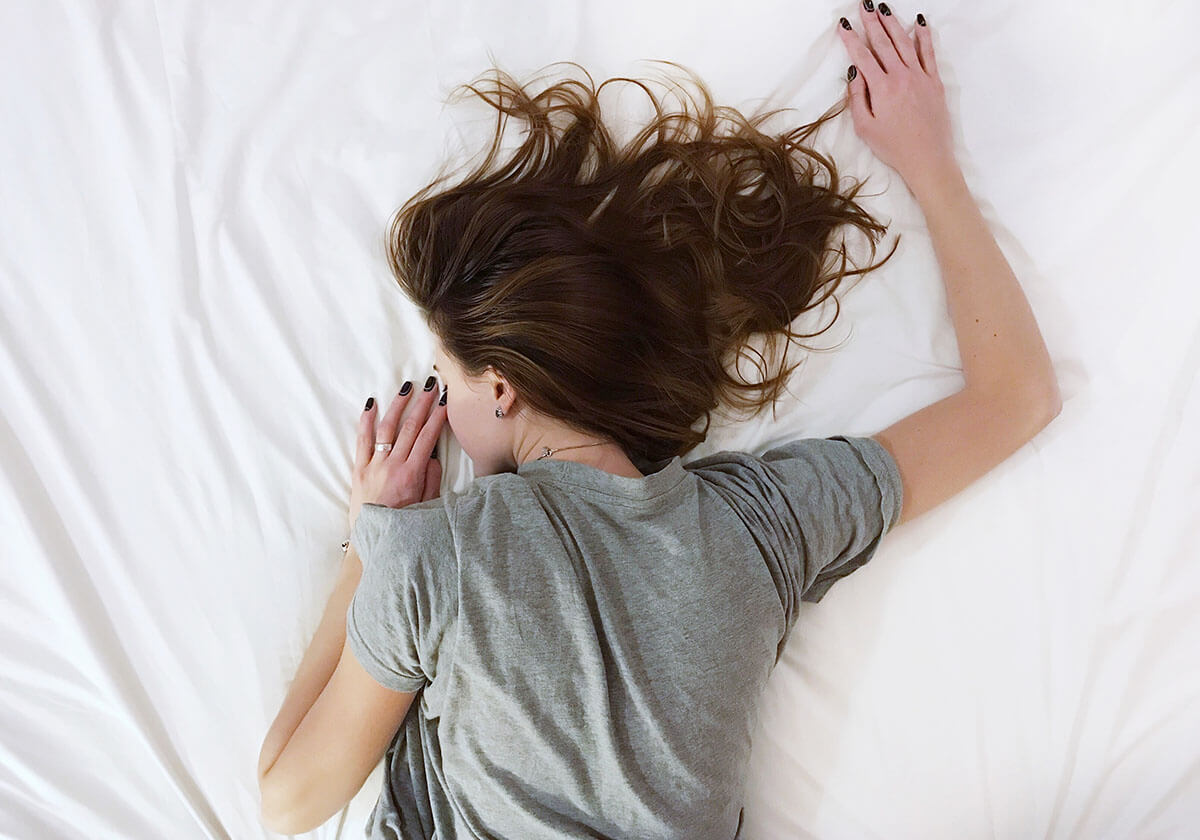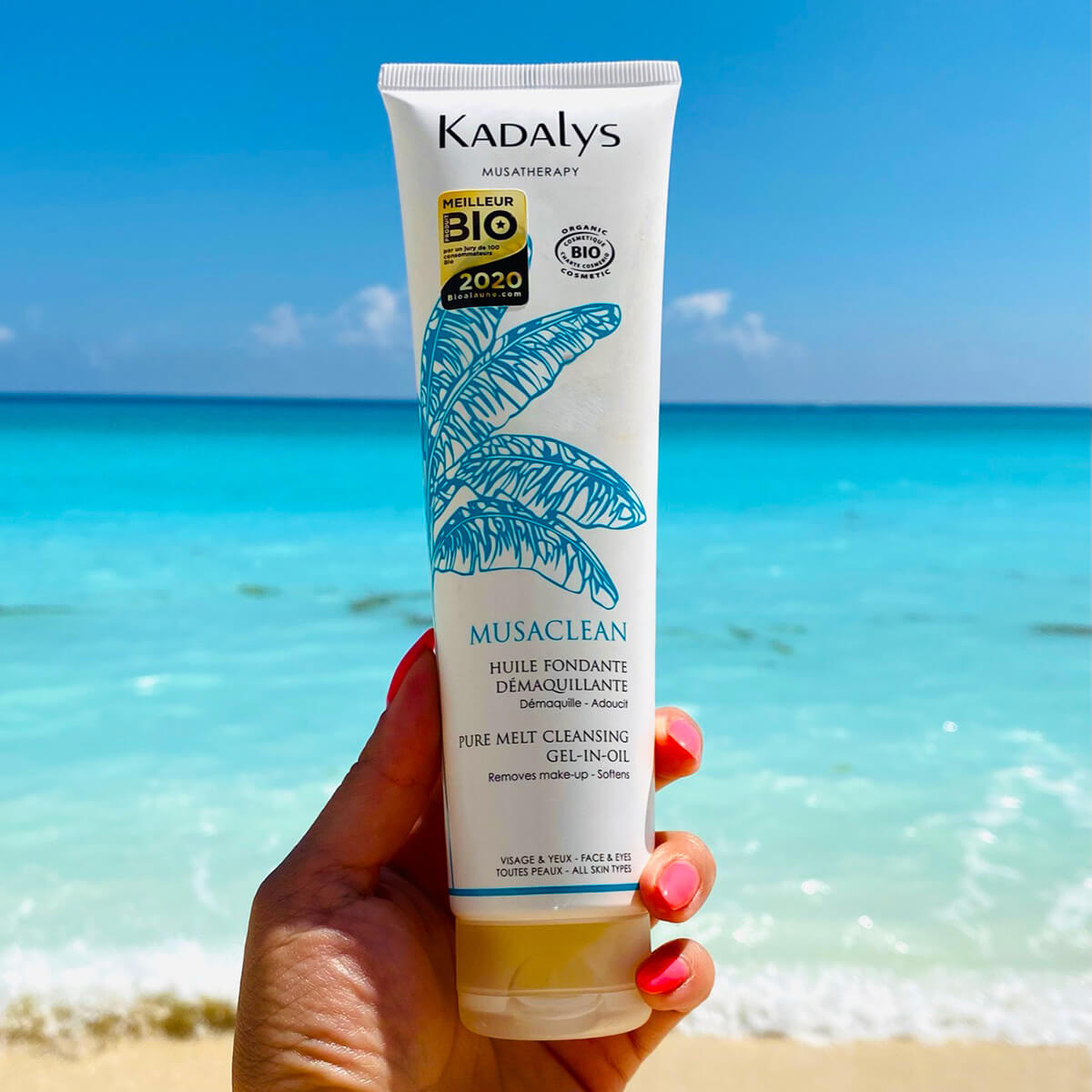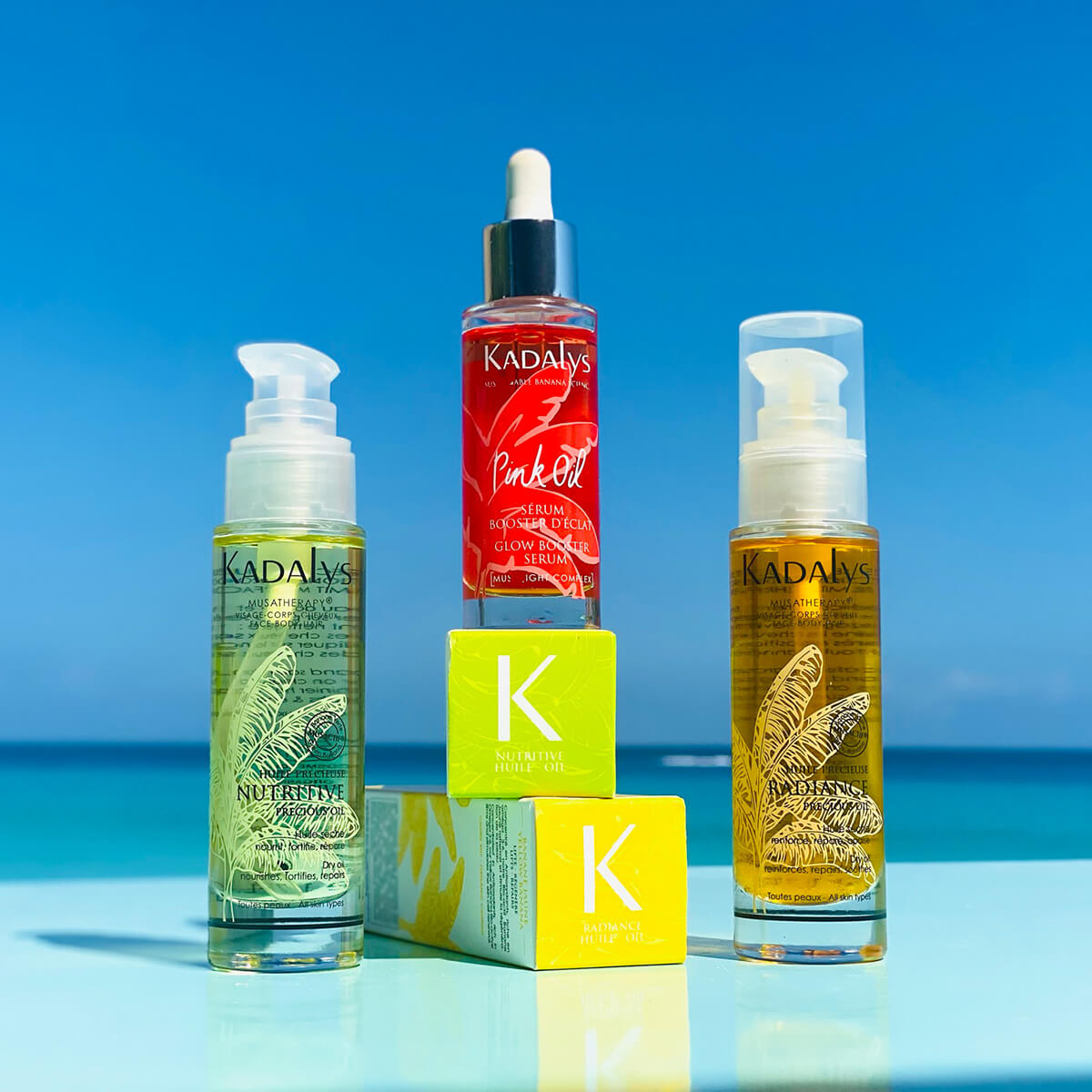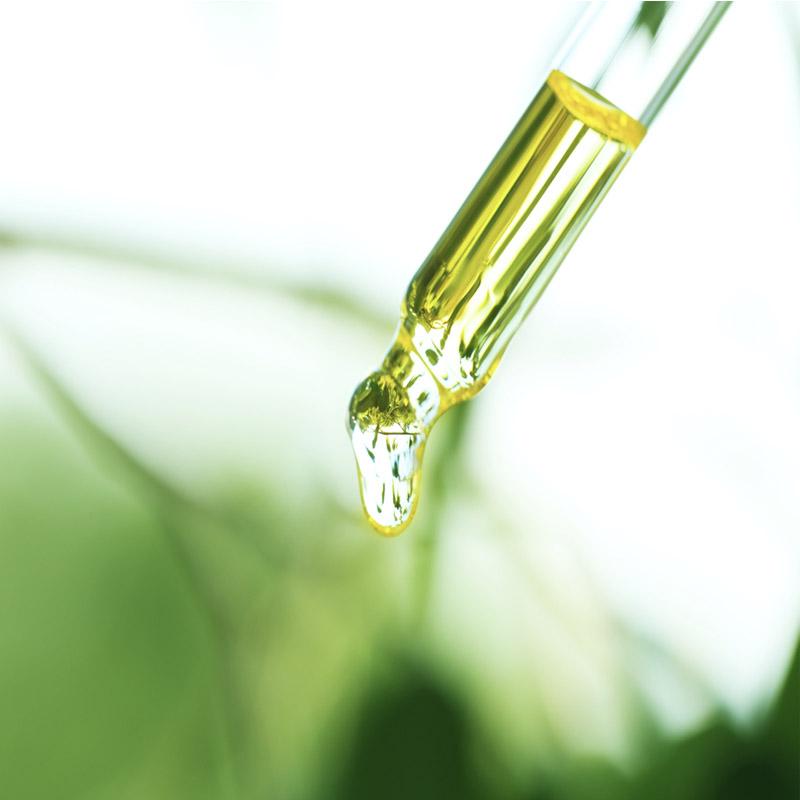
What Is Beauty Sleep? Why Is It Important?
We all know that getting a good night's sleep is essential for our health, but you may not know that it's also crucial for healthy skin.
That's right! Beauty sleep is a real thing. When you don't get enough sleep, your face shows it. And you're not alone. A CDC study concluded that 1 in 3 adults are not getting the rest they need each night.
We're all tired, and it is affecting our health and our appearance.
Lack of sleep can cause inflammation, which leads to redness and blotchiness. It can dehydrate skin, steal its radiance, and worsen fine lines and wrinkles.
So if you're looking to give your skin some TLC, ensure you get plenty of ZZZs!
What is beauty sleep?
Beauty sleep is a term often used to describe the importance of getting enough sleep for maintaining a healthy glowing complexion.
The term was first coined in the 1970s, but the concept of sleep being good for your physical appearance is not new.

Ancient cultures believed that beauty sleep was essential for maintaining a youthful look and healthier skin.
While there is no scientific evidence to support the idea that beauty sleep will make you more beautiful, there is some evidence that it can help improve your skin's appearance.
A 2017 study found that just two nights of poor sleep affected how participants were perceived. The study found well-rested people were rated higher for physical attractiveness.
All this makes being well rested a vital step in your daily beauty routine.
How does sleep affect for skin health?
Sleep plays an important role in your health and well-being, including your skin's health.
Sleep deprivation has been shown to cause premature aging, leading to puffy eyes and a loss of radiance.
During sleep, your body works to repair itself. For skin repair, it boosts blood flow to your skin and produces more of the natural oils that keep your skin hydrated. These oils help to protect your moisture barrier from damage and keep it looking youthful.
Sleep also helps to promote cell renewal, which can help improve your overall skin tone and texture.
In addition, sleep helps to reduce stress levels, which can have a negative impact on skin health.
When stressed, you produce more of the hormone cortisol, which can lead to inflammation and breakouts.
Getting enough restful sleep can help keep stress levels in check and promote healthy, glowing skin.

What happens to your skin when you sleep?
While you sleep, your skin is working hard to repair itself from the damage of the day. The increased blood flow helps deliver oxygen and nutrients to cells, while the body produces more collagen – a protein that helps keep skin looking firm and young
Additionally, healthy blood flow to the skin increases, allowing for better delivery of oxygen and nutrients that promote healthy skin.
Sleep also helps to reduce stress levels, which can negatively affect your skin. When you’re stressed, your body produces cortisol, a hormone that can lead to breakouts and other skin problems.
The bottom line is getting enough rest is essential for maintaining healthy, youthful-looking skin.
Is more sleep better?
There’s no definitive answer to whether more sleep is better. However, getting enough sleep is crucial for overall health and well-being.
Research suggests that getting more sleep may be linked to improved skin health.
One study found that people who slept for seven to eight hours per night had better skin barrier function and less skin sensitivity than those who slept for 5 hours or less. And better skin barrier function means clearer skin and fewer breakouts.
Another study found that skin lost moisture and elasticity after three days of sleep loss.
While more research is needed to confirm these findings, it seems that getting enough sleep may be beneficial for both your mind and your skin.

So if you’re not getting enough shut-eye, consider making changes to your nighttime routine. Establishing a regular bedtime and waking up at the same time each day can help promote better sleep quality.
And if you have trouble falling asleep or staying asleep, talk to your doctor about possible solutions.
What happens if I don't get enough sleep?
Sleep deprivation is defined as not getting enough sleep. It can have many different effects on your physical health, including making you more likely to catch a cold or gain weight.
Sleep loss can cause you to feel irritable and anxious, negatively impacting your memory and ability to focus.
In addition, inadequate REM sleep has been linked to a number of health problems, including anxiety, depression, and heart disease.
Rem sleep is a type of sleep that is characterized by rapid eye movement. It makes up about 20-25% of total sleep time in adults and 50% in infants. Although the exact function of REM sleep is still not entirely understood, it is thought to be important for learning, memory, and mood.
Studies have also shown that sleep deprivation can lead to a number of changes in the skin, including decreased elasticity, increased inflammation, dry skin, dark circles under the eyes, and wrinkles. These effects can all add to a dull, uneven, and aged complexion.
One study found that people who slept for only four hours a night for five nights had significantly worse skin than those who slept for eight hours a night.
If you're feeling sleep deprived, your body produces more of the stress hormone cortisol. This hormone breaks down collagen, the protein that helps keep skin smooth and elastic.
In addition, poor sleep can cause your body to release more inflammatory cytokines, which can lead to breakouts.
What's more, lack of sleep can make your skin look dull and sallow. So if you want to maintain a healthy complexion, get plenty of beauty sleep.

Can poor sleep cause...
Wrinkles?
There is evidence to suggest that a lack of sleep can contribute to developing wrinkles.
When we sleep, our bodies produce more collagen, which helps to keep our skin looking young and elastic. Not getting enough sleep disrupts this process and can lead to the formation of fine lines and wrinkles.
Moreover, poor sleep quality can cause the skin to become dry and papery, making wrinkles more pronounced. Although it is not the only factor involved in the aging process, a lack of sleep can certainly contribute to the formation of wrinkles.
Dark Circles?
A common belief is that a lack of sleep causes circles under the eyes. While it is true that fatigue can contribute to the appearance of dark circles, other factors that can cause this condition.
For example, allergies can cause the blood vessels under the eyes to dilate, resulting in a darker appearance. In some cases, dark circles may be due to genetics or simply the natural aging process.
However, lack of sleep can worsen the appearance of under-eye bags, so getting a good night's rest is still important for maintaining a healthy and vibrant glow.
Dull skin tone?
Not getting enough ZZZZs can lead to skin dehydration, as the body's ability to generate and retain moisture declines. The lack of moisture causes the skin to become dry, flaky, and prone to fine lines and wrinkles.
Sagging Skin
A lack of sleep can interfere with the production of collagen and elastin, two proteins that play a key role in keeping skin firm and elastic. As a result, poor sleep quality can contribute to premature skin aging while research suggests quality sleep prevents sagging.
How much beauty sleep do you need?
The amount of beauty sleep you need each night depends on various factors, including your age, stress levels, and skin type.

However, most experts agree that sleeping seven to nine hours per night is ideal for maintaining healthy skin. Getting your beauty rest is also essential for your physical and mental health.
During sleep, your body goes into repair mode, producing collagen and repairing damaged cells. In addition, sleep helps to reduce stress levels, which can cause breakouts and skin aging. So if you're looking to achieve healthy skin, aim for a solid 7-9 hours of beauty sleep each night.
Tips for getting a better night's sleep
Beauty rest is essential for both physical and mental health. Unfortunately, many people struggle to get enough shut-eye on a regular basis, especially right after time changes.
If you're one of those people, you can do a few things to help ensure a restful night's sleep.
- Establish a regular sleep schedule. Going to sleep and waking up at the same time each day helps to regulate your body's internal clock and makes it easier to fall asleep at night.
- Create a relaxing bedtime routine. Taking a warm bath or reading a book before bed can help to relax mentally and physically and prepare you for sleep. You can also use your nighttime beauty rituals to help shift your brain to bedtime mode.
- Avoid caffeine and alcohol before bed. Caffeine can make it difficult to fall asleep, while alcohol can disrupt your sleep cycle and cause you to wake up during the night.
- Keep your bedroom dark, quiet, and cool. Create a space conducive to deep sleep by keeping the room dark and quiet and at a comfortable temperature. A dark, quiet, and cool environment is ideal for sleeping. If you live in a noisy area, consider using a white noise machine to help you fall asleep.
- Get up and move around during the day. Regular exercise helps improve your sleep quality by making it easier to fall asleep at night. However, avoid exercising too close to bedtime as this can make it harder to sleep.
- Apply an anti-aging cream rich in antioxidants to work with your skin's natural overnight processes and help you look refreshed and rested when you wake up the next day.
- Avoid using screens for at least an hour before going to bed — the blue light emitted by screens can interfere with your body's production of melatonin, a hormone that helps regulate your sleep-wake cycle.
How can I look better after a bad night's sleep?
There are ways to help your complexion recover from a lack of sleep.

- Drink enough water. Dehydration can worsen the effects of sleep deprivation on your skin. Drinking water keeps your cells hydrated and plump, which helps you look more radiant.
- Wash your face with a gentle cleanser and avoid excessively scrubbing or exfoliating. Scrubbing too hard can disrupt your skin barrier, resulting in several conditions (Read more about your moisture barrier here).
- Use a moisturizer to lock in moisture and keep your skin barrier healthy. Look for products that contain hyaluronic acid, which can help your cells retain moisture.
- Use an eye mask or cream to help reduce puffiness and give you brighter eyes. Pro tip: keep your eye mask or eye cream in your refrigerator. The cooling sensation will feel soothing to tired eyes.
Conclusion
A good night's sleep is essential for both physical and mental health. Sleep can help improve mood, memory, and focus. It can also reduce stress levels.
So make good sleep a priority. Your skin will thank you for it.





